What is National Opera Day?
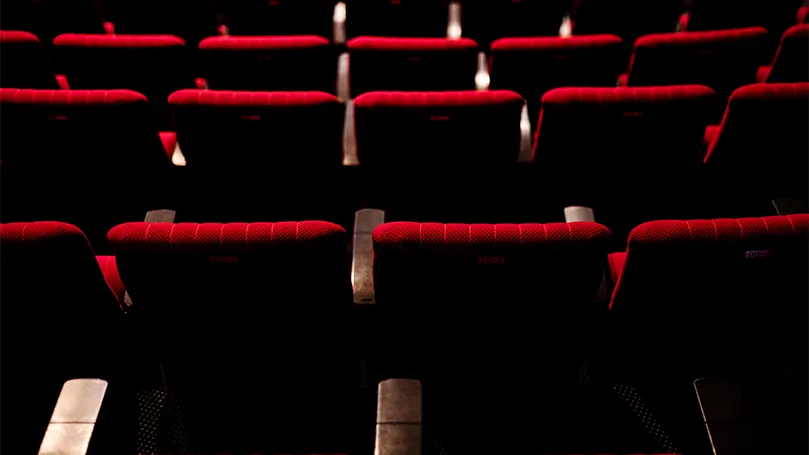
A sophisticated stage-music art form with diverse costumes and roles was created around 1600 in Italy. The word opera is derived from the Italian expression – opera in music (work of art, performance art). Over time, together with classical music tradition, it became a popular pastime, and the first opera season was held in Venice.
It was originally a court party, so from the beginning, it was used to display the wealth and splendour enjoyed by the monarchies and aristocrats of the time. There are various types of operas, such as opera buffa and opera seria. It has held a special place in the art world for centuries, and National Opera Day is celebrated on February 8th. It is an opportunity to learn more about the definition and complexity of this musical genre. World Opera Day is celebrated on October 25th, organised by OPERA America, OPERA Europa and many opera companies.
How to celebrate the National Opera Day
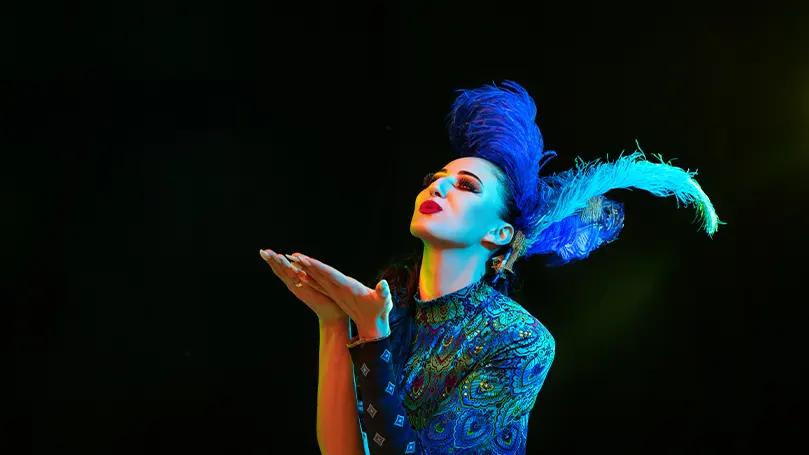
Before you celebrate opera day, we recommend learning some interesting facts about opera. Since it has a long history, interwoven with different events and personalities, you will surely learn something new. How long was the longest round of applause? Or how to adequately address the singers if you liked their performance? How did the rest of Europe receive the opera? These are just some of the many facts that may interest you. If you have yet to develop a passion for opera, start from the basics. To get started, select the first next gig you like. Check with your local theatres to see what's on offer, and you can experience the wonder of opera from the comfort of your own home.
Try searching for the most famous operas online by Verdi, Mozart and Wagner. Don't forget to check out the live streams as well. You can also plan a tour of local opera houses or musical theatre. Many have discounts during this day, so why not take advantage of them? If you are experienced in performing music, gather a company and create your own opera.
Benefits of listening to opera and classical music
Here's how classical music can help you get smarter and healthier and even get you a good night's rest. Opera is much more than pleasant background noise. It can also evoke thoughtfulness and empathy in people.
Better night's sleep
Listening to classical music before or during sleep can be an excellent “introduction” to rest. With numerous streaming apps, portable speakers, and music bars, it's easier than ever to make the most of its power. Since it has a slow pace and is soothing, it relaxes us and relieves stress. This makes it excellent for preparing the brain and body for sleep. It can be listened to in low light, which is another plus for deep sleep. Listening to the harmonies and rhythms of classical music can provide a calming effect for people, thus helping to lower their blood pressure.
Pain relief
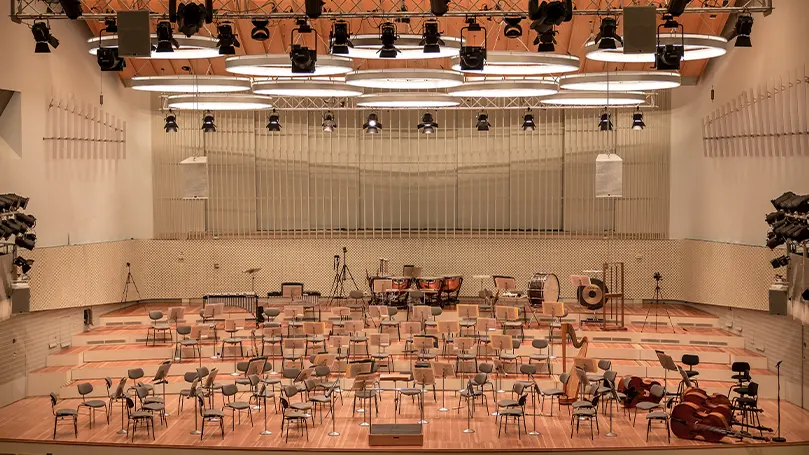
The positive effect of opera has been observed in people with acute and chronic pain. This means that it also has therapeutic properties. For example, Beethoven's “Moonlight Sonata” helps many people fall asleep. It reduces their heart rate and improves oxygen saturation, which means that it also leads to faster recovery from stress. Just such music can relieve the pain of patients. Ultimately, it also provides them with a sense of hope and control. In this way, it diverts their attention.
Reducing stress, anxiety, and depression
Listening to music could be a complementary therapy for patients with certain heart diseases. While listening to music, the brain simultaneously secretes endorphins, which improve the condition of the heart. So it helps you relax, which replaces going to a spa or getting a massage. At the same time, you can listen to world-famous singers and take advantage of rest and relaxation. The release of the neurotransmitter dopamine in the brain promotes good feelings and relieves anxiety. By slowing the heart rate, the rate of breathing and the amount of emotional stress are reduced. In this way, the cortisol level is also lowered.
Boosts memory and creativity
Can music stimulate our brain cells, or does it distract us while we work? It all depends on your choice. For example, opera performances help with jobs where there are a lot of details to pay attention to. It has a healing effect on the brain and stimulates learning and work, as well as memory. The result of listening is the synchronisation of the left and right hemispheres of the brain, which leads to an increase in thinking ability. For example, Mozart's music can help warm up your brain for activities like math or chess. Classical music characterised by positive energy, such as the works of Antonio Vivaldi, can also stimulate creative thinking.
Improves health
Not only does enjoying great works of music make you smarter, but it also makes you healthier. Although you can't directly influence a specific health problem or IQ by listening, it's clear that there is a connection between music and feelings. This makes you feel happier and, in turn, lowers your cortisol levels. As you know, it is responsible for many physical and mental problems. It also helps with migraines, high cholesterol and heart failure. The works of Tchaikovsky, Verdi and Bach can be of great use to you. They reduce tachycardia and stabilise breathing. Pleasant music stimulates the power of imagination and strengthens the will.
How to stay awake during opera performances?
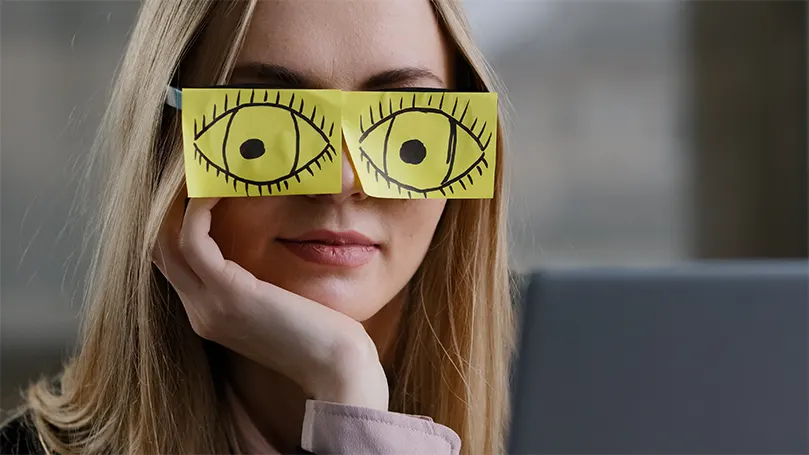
In order to stay awake during the event, you need to activate specific muscle groups. You may not be able to move and stand, but you can move your fingers and toes. Also, try to activate your jaw by chewing gum. Such contractions stimulate blood flow. Occasionally raise your eyebrows, change the position of your legs or move your hands. Remember to drink enough fluids and eat the right food. For example, skip simple carbs, as they will make you sleepy. The most important thing is to be rested. Otherwise, you will have a hard time staying focused even with these techniques.
Tips for staying awake during opera
If you feel sleepy during the opera, boredom does not have to be the main reason for your condition. Doctors say that sitting for long periods makes people sleepy no matter what they do, especially if they are passive. Fortunately, there are a few subtle techniques you can use to help you stay awake.
Avoid caffeine and alcohol
Does it matter the amount of alcohol consumed? People indeed tolerate alcohol differently. Genetics and the organism significantly influence this process, but the amount of alcohol consumed is crucial. Depending on the type of drink, you may experience mild dehydration.
The first symptoms of dehydration are drowsiness, headaches and rapid breathing. The blood pressure response to caffeine varies from person to person. It also depends on the brand of the product, as well as the method of preparation. That is why it is recommended to have up to two coffees before the opera. There is a risk of a sudden jump and drop in pressure if you drink more.
Educate yourself beforehand
The most important thing is to educate yourself enough about the techniques before going to the opera. This way, you will be able to establish quality sleep and better organise your daily obligations. Good organisation will save you 50% of your energy, and you will be rested for the event of the month. Also, ask friends who are opera lovers. We're sure they'll have some good tips for you. Some musicals closely resemble opera so some of them might suggest you start with it or light opera before switching to the most influential opera composers.
Repay your sleep debt
Sleep is crucial for health, revitalisation and normal functioning of the body. However, if you have sleep debt, you won't be able to concentrate enough during the opera. The solution is to pay off this debt. Try to go to bed before midnight and give your body enough energy. It is also essential to avoid long periods of sleep and napping during the day. Your bedroom should be airy, cooler and dark. Keep electrical devices in another room and avoid coffee, alcohol and large meals before bed. Exercising during the day will help you relax and prepare for sleep.
Conclusion
Drowsiness sometimes comes on suddenly. Even if you got enough sleep, ate properly and didn't have many responsibilities during the day. The reason can be any external factor, such as a change in air pressure or high temperature. If this happens to you right before the opera, the drowsiness can be very unpleasant. So try to make it easier for yourself by breathing deeply. This way, you will stimulate oxygen flow and collect more energy. You don't even have to get up from your chair for that. Focus on inhaling through your nose and slowly exhaling through your mouth, preferably closing your eyes. You will enjoy famous opera performances without dozing off a few times and that is the best way to celebrate either National Opera Day or World Opera Day.

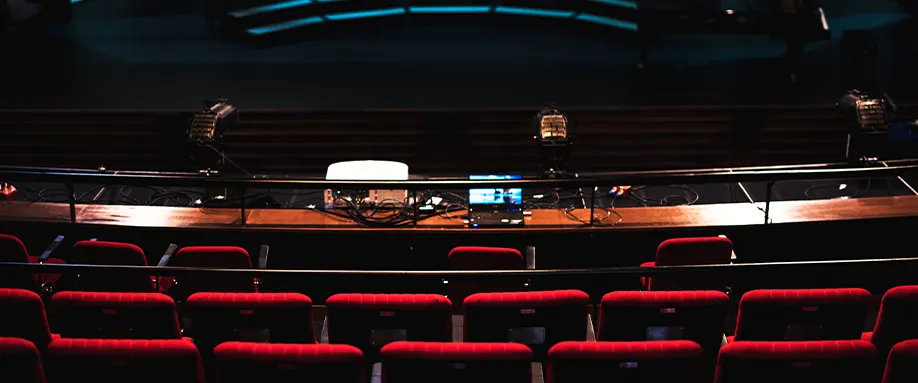
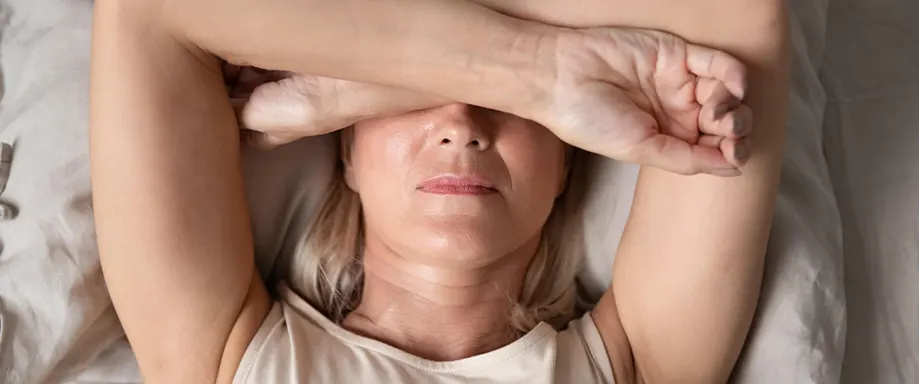














There are no comments yet
"*" indicates required fields